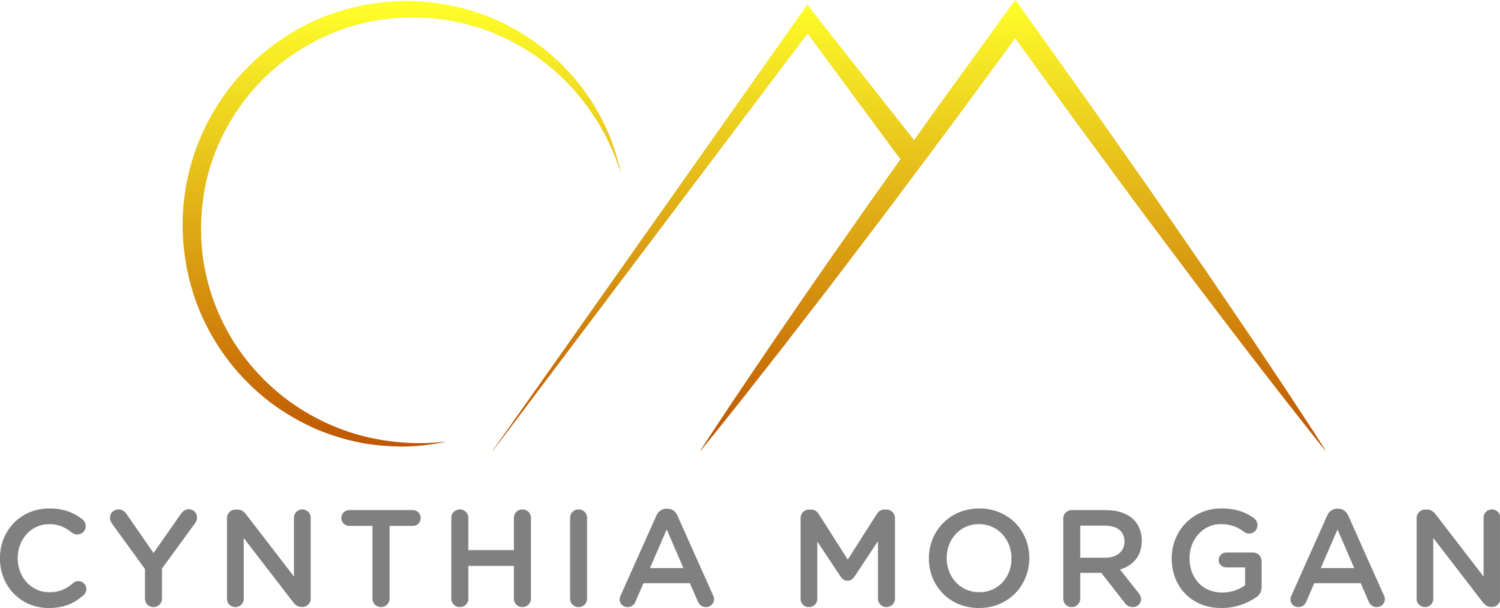
Twenty five years ago on any given Saturday afternoon you could find me on the street corner of Martel and Melrose Avenue in Los Angeles, standing behind a beige card table with stacks of anti-vivisection brochures, mostly on cosmetic and household product testing, photos of bunnies with their heads in sockets and their eyes being burned, the usual stuff. I was there representing LCA (Last Chance for Animals, a LA based animal rights organization) encouraging passer-bys to sign my petition and boycott Proctor and Gamble, and the like.
I don't know how I got there. Meaning, I don't know how I got involved in animal rights. There was no defining moment. No person or animal who inspired me. No book I read. No movie I saw. No revelation. Nothing. I don't even remember deciding to become a vegetarian at that time. I just made a sign and showed up at a protest that I somehow heard was taking place. It all happened organically, as if I had no choice but to be carried along the winds of destiny that was my life. It was what was supposed to be.
Growing up, we had tons of pets: unneutered and unspayed cats, constantly having kittens (gasp!), a dog, a bird. I loved them all. But I wasn't obsessed with them. I didn't like animals more than people. Though I do remember becoming abnormally distraught because my brother accidentally ran over a bird with the lawn mower. It wasn't love that ignited my passion, it was injustice. And maybe that is love. I don't know. At a young age, I knew something was unjust when it came to the treatment of animals. I'm a Libra, the sign of scales and justice, so perhaps it was bigger than me, after all.
My grandma worked in a slaughterhouse in Omaha, Nebraska where I was born. I remember the unforgettable stench of death wafting through the air. You could smell it on Omaha back then. It was like the whole city had B.O. The slaughter houses were smack dab in the middle of the town. Today they're hidden away, inconspicuously, on the outskirts, so consumers aren't reminded of the horrors behind the slaughterhouse walls, animals discreetly transported at night when no one can see them. Omaha was smellier back then, but more honest.
I spent formative years in Wisconsin, home of cheeseheads, dairy cows, and hunters, like my dad, who eventually became the Head Editor of the Agricultural Department at Kansas State University. (Go figure he'd have a vegan animal rights activist daughter.) It wasn't unusual to come home from school to find two huge deer hanging from the rafters in the garage, blood dripping from their beautiful majestic bodies into dark red puddles on the concrete floor below. I stepped around the blood, trying not to look at them, trying not to feel anything. We ate frogs, squirrels, fish, quail, rabbits, deer, anything he hunted. I hated it all. I didn't like meat except turkey. He never hunted turkeys. Had I grown up on McDonald's or Taco Bell or processed roast beef deli slices and hotdogs I may have loved meat. But I grew up on a different kind of meat. Meat that tasted like the dead animal it was.
The wind eventually shifted directions, and animal activism took a back seat to my first love, spirituality. I had begun Transcendental Meditation in childhood, and had already been a student of A Course in Miracles for four years by the time I was standing on Melrose. As I delved further and further into the teachings of the Course, I continued to eat vegetarian, phase out dairy products, leather, wool, down feathers, donate money to animal rights groups, and shop cruelty-free, but animal welfare was no longer at the forefront of my consciousness. A Course in Miracles was. I lived and breathed the Course for ten years. It somehow required all that I had. It wanted my full undivided attention. And I gave it to it. So much so that it led me to becoming a hypnotherapist.
Then, about four years ago, the winds of change began to blow again. They gently picked me up and set me down someplace I hadn't been before, somewhere between animal rights and spirituality. I'm no longer solely focused on one or the other. I am laser focused on both. My life isn't about animals or people, it's about animals and people. To me, it's all the same. There's really only one of us here and what we do to the smallest of us, we do to all of us. Likewise, when one of us heals, we all heal. I've come to realize that I had to tip those Libra scales one way and then the other in order to find my perfect balance. I now feel more equipped to tip society's scales toward healing and justice for ALL.





